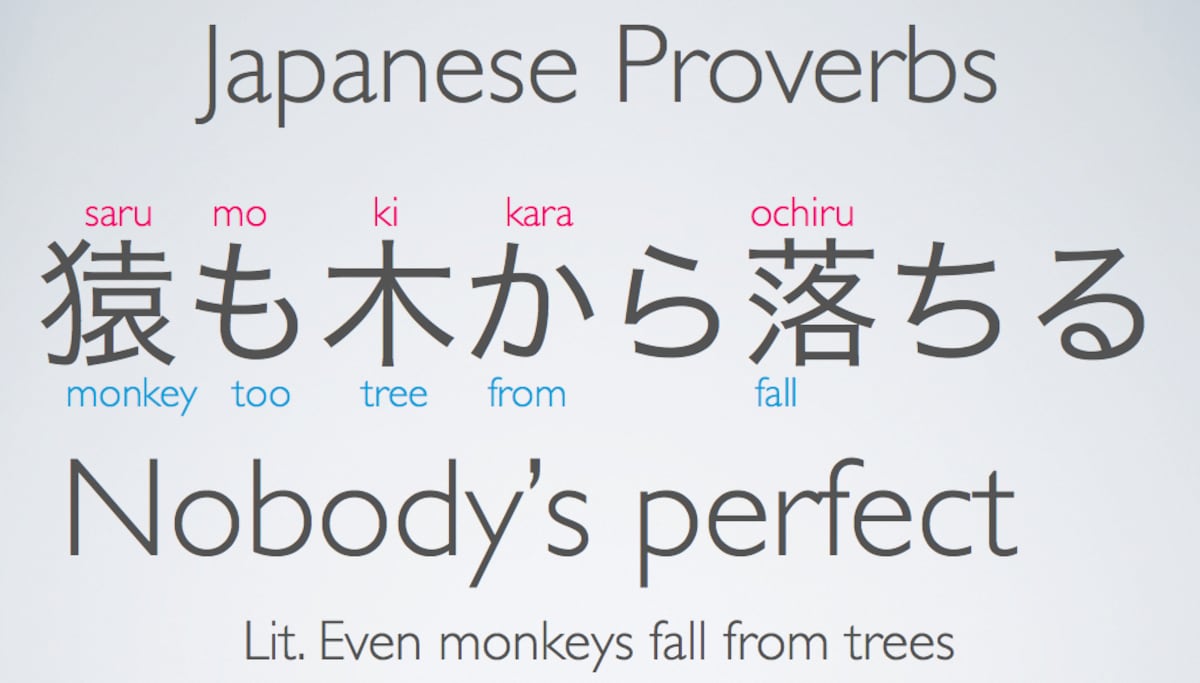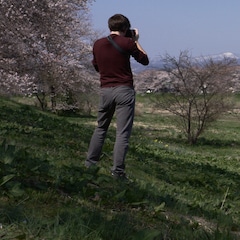Don't Be Too Proud to Ask
Learning a new language has its own lessons in humility. What you felt comfortable saying in the classroom is somehow more difficult when you use your new knowledge in the real world with native Japanese speakers. Take it from AAJ writer Nicholas Rich: Don't be too proud to say, "Mou ichido, onegaishimasu."
By Nicholas Richhttp://plus.laforet.co.jp/blog/04zao/2013/10/post-742.html
One of the hardest parts of learning a second language is utilizing that language outside of the learning environment. I started studying Japanese at university on a whim, and I loved practicing in the classroom environment with other students and using what I had learned while speaking with my professors. However, like others, I had a hard time getting past the initial anxiety of being outside the classroom and making a mistake, where it wouldn’t be corrected by a patient teacher. I was afraid these mistake would reflect on me as a person.
This was especially true when I moved to Tohoku the summer after graduation. I was excited for the challenge of living in an area where most people wouldn’t speak English, and I would have to sink or swim based on my own willingness to participate in the language. But this was a lot more romantic in theory than in practice.

https://c1.staticflickr.com/1/34/69183038_418d5cbf06.jpg
There was a grocery store down the street from me, which was awesome to explore after arriving (since I didn’t have the internet, a cell phone or any acquaintances yet). I loaded my basket with a mix of foods both familiar and exciting and got in line. After scanning my items, the tennin (store worker) asked me a question so quickly that it might as well have been in a different different language. I looked at the line of people patiently waiting behind me. My mouth went dry and my palms grew clammy.
I had no idea what she'd just asked me, but I was too embarrassed to ask her to repeat herself ("Mo ichido, onegai shimasu"), or even to test out the stock English phrase, "Once more, please," a staple of English education in Japanese schools. I moved my head in a shake-nod hybrid and simply said, "Daijobu desu," or, “That’s OK.” I collected my basket after handing her some cash, and tried to ignore her strange look as I walked to the self-bagging area... which is where I finally realized what she had asked me.
https://www.youtube.com/watch?v=wo7yZmivtug
Reusable plastic bags cost money in some grocery stores in Japan, and so shop workers will often ask if you would like some, using the word reji-bukuro, a portmanteau of reji (register) and fukuro (bag). She had kindly asked me if I would like any, as none were available for free use.
At this point any sane person would've just admitted their mistake and paid for a bag. But I was still too shy, or anxious, or embarrassed to ask, so I made the longest 15-minute walk of my life back to my apartment.
I felt more foolish than I ever have making mistakes when using the language. But now, any time I feel those familiar pangs of anxiety when using Japanese, I remember the awkward weight of those groceries in my arms, and the even heavier disappointment I felt for being unwilling to even try to communicate.
I think the proverb above sums up the attitude you need to have when learning!




